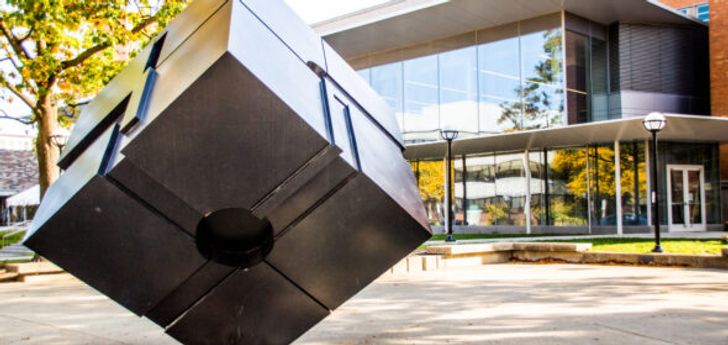The University recently established the role of Associate Vice President for Campus Sustainability (AVPCS). With a deep respect for the university's history of community engagement and commitment to social justice, the AVPCS will lead a team dedicated to developing and implementing comprehensive strategies for achieving carbon neutrality and advancing sustainability objectives across all campuses. This work will place a strong emphasis on incorporating environmental justice considerations into all university operations.
U-M's leadership in sustainable operations extends to all campuses and will consider a broad range of pathways such as energy infrastructure and conservation, procurement processes, zero-emission transportation, renewable energy technologies and will also leverage research on the climate crisis and environmental determinants of health. The new AVPCS will develop operations strategies to meet these pressing challenges in ways that ensure equitable access to resources and a vibrant life for present and future generations, without exploitation of people or the environment.
The University is also conducting a search for the inaugural Vice Provost for Sustainability and Climate Action (VPSCA). Reporting to the provost, the VPSCA will guide, oversee, and advance the university’s leadership in the spheres of teaching and research related to sustainability and climate action. The VPSCA will work collaboratively with university leaders to leverage Michigan’s role as a top public university to work for the benefit of society on issues of ecological responsibility, including environmental justice; foster collaborations to enhance and expand sustainability education and curriculum development, including innovative pedagogical strategies and co-curricular opportunities; involve key campus stakeholders in enhancing and expanding research efforts in the areas of environmental stewardship and environmental justice; convene advisory and working groups to expand cross-unit collaboration on issues related to sustainability and climate action; provide leadership in developing and operationalizing the model of campus as a living laboratory; and engage both the internal university community and key external stakeholders and partners.
U-M Health-Michigan Medicine recently created a new executive leadership position of Senior Vice-President and Chief Environmental, Social and Governance (ESG) Officer, expanding its pre-existing focus on environmental stewardship with a stronger aim to decarbonize the healthcare sector and improve its social and health equity presence in community. U-M Health-Michigan Medicine has a stated vision to uphold environmental sustainability, social equity and diversity principles to advance health and justice for individuals, communities and the world. The guiding principles for a newly established ESG Committee of the U-M Health Board include "transparency, accountability, communication and trust" (tact), driving collaborative initiatives with internal and external stakeholders to improve planetary health by: reducing energy use; recycling, reduction and removal of various unsafe materials which lessens reliance on landfill; redesign of new patient care models to reduce transportation requirements; adopting construction practices for Leadership in Efficient Energy Design (LEED) certification, and more. The new leadership role became effective on March 1, 2023.
Responsible Unit(s): Business & Finance, the Office of the Provost, and Michigan Medicine
